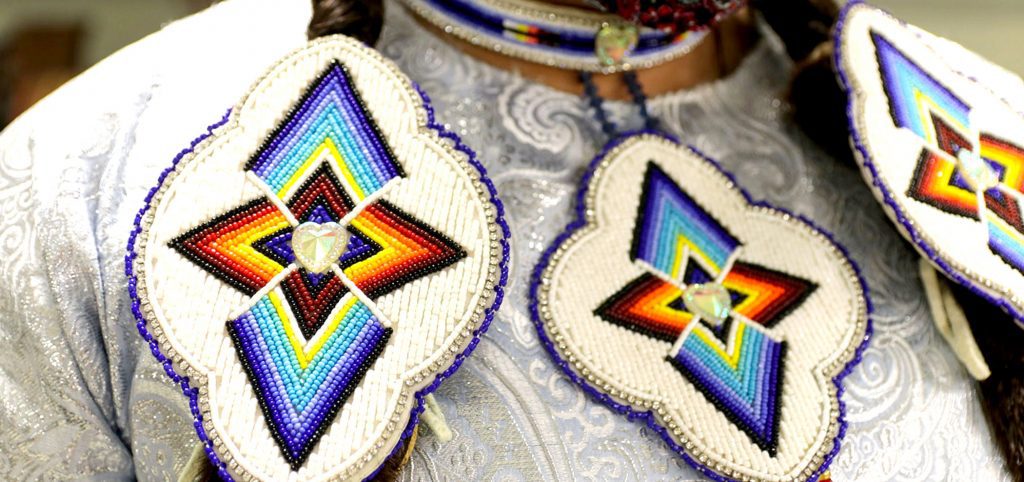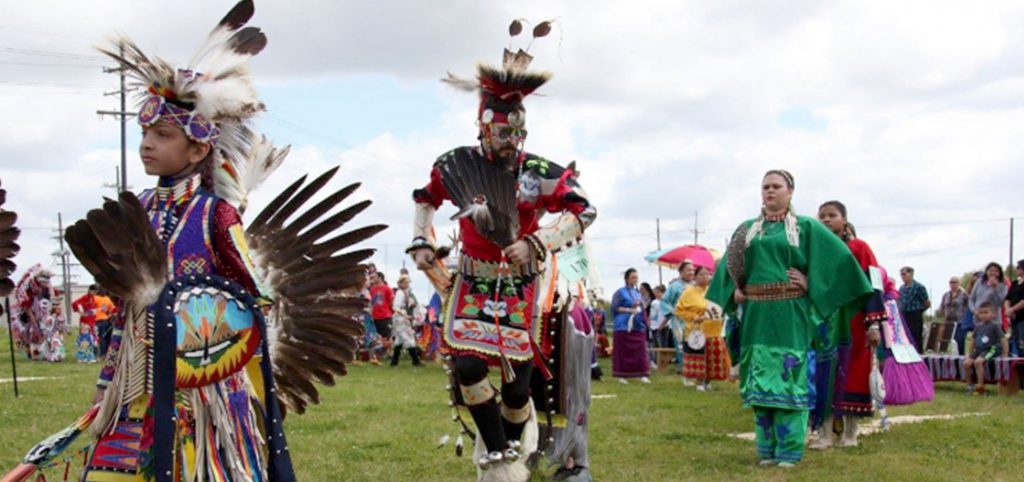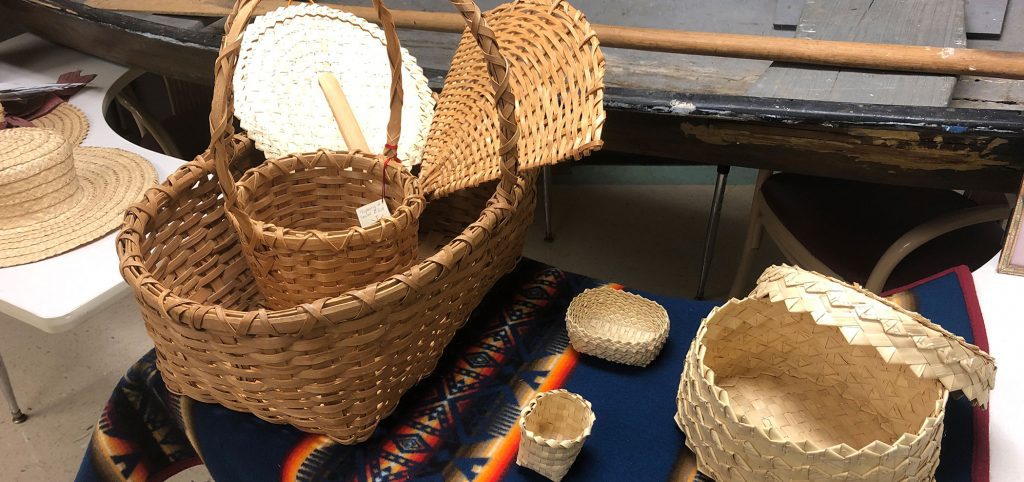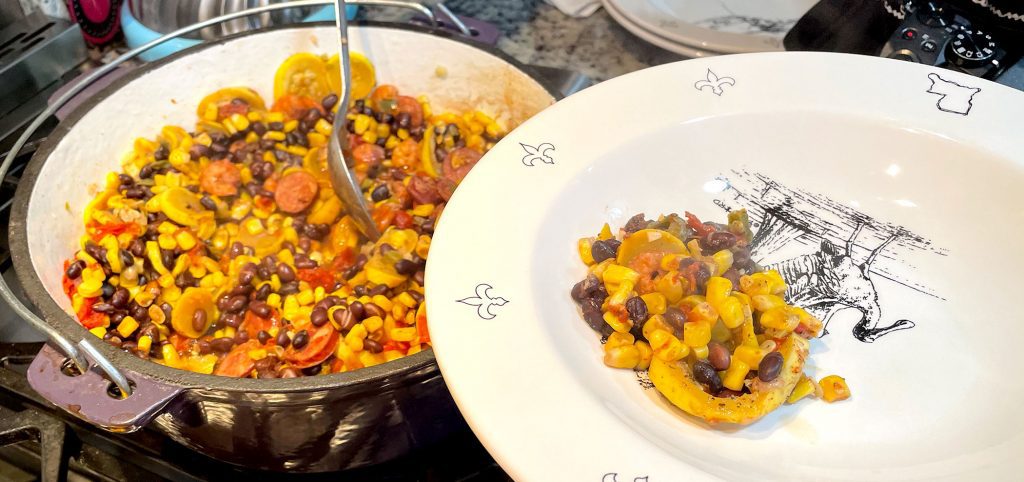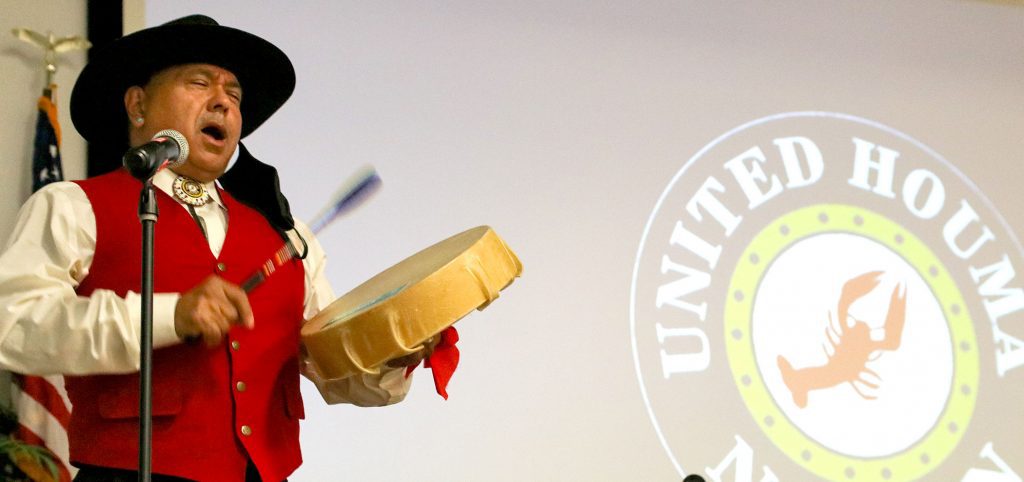By Brendan Landry, staff writer
The southernmost part of Louisiana is home to some of the most diverse people and traditions in the state. One group with many rich traditions is the United Houma Nation.
The United Houma Nation is unique in many ways, from the songs they sing to the clothing they wear. The tribal citizens that make up this diverse group of people say they are proud of continuing the traditions of their ancestors like dancing, basket weaving, regalia design, palmetto hut building and bead crafting.
Louise Billiot, a tribe member and traditional southern cloth dancer, says carrying on traditions connects her to her tribal history.
“When I celebrate my tribe’s traditions, it reminds me of the history that has come before me,” Billiot says.
One way the tribe keeps their traditions alive is at the annual celebration of traditions known as a pow-wow. The event brings together all of the tribal traditions into one big family-style event.
“It is the heartbeat of the Indian people,” Billiot says.
It allows tribe members to interact with one another and see displays of the member’s handcrafted jewelry, clothing, spears and dancing sticks for sale. Sometimes members will also build and display palmetto houses in the style of the past.
“Before social media, it was how we got news from other tribes in the area,” says Kathleen Bergeron, an elder of the tribe.
While some traditions are still practiced, some have also been lost over time. One tradition that has been lost is the traiteur or healer.
Traiteurs would practice rituals to treat the ailments of the sick. They would often use plants such as Prell, a healing plant they believed could treat the sick.
“Our parents couldn’t afford doctor bills, so this was the next best thing,” says Billiot.
The traditions are a connection to the past, but also a way to show the tribe’s unique characteristics, says Charlie Duthu, a tribal citizen.

